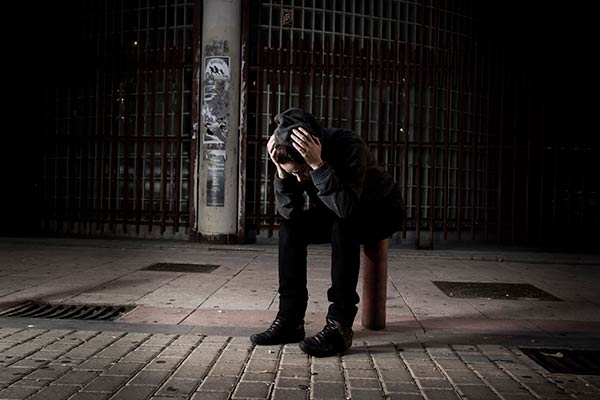Depression is a mental health disorder that causes a depressed mood, loss of interest in daily activities, fatigue, and an overall lack of energy. It is a complex disease that results from a chemical imbalance. Depression can be due to genetics, stressful life events, medical problems, medications, or a faulty mood regulation by the brain.
What is an International Overdose?
An Intentional drug overdose occurs when a person takes more medication than what is medically recommended. For illicit substances, or anything used to get high, an overdose can occur when a person takes in too much of the drug, and their metabolism cannot detoxify the drug fast enough.
Depression and Intentional Overdoses
Can depression lead to an intentional overdose? An intentional overdose is a suicide. We know with 100% certainty that there is a link between depression and suicide. There are more than 40 million Americans that are suffering from a mental health disorder; nearly half of these are not being treated. Untreated mental illness puts a person at a huge risk for substance abuse, addiction, and intentional overdose or suicide. In 2015, West Virginia had the highest number of opioid-related deaths. Almost a million people in West Virginia live in areas where there is a shortage of mental health care providers. The National Institute of Health says:
“Suicide is a major health problem, and the global suicide mortality rate amounts to 1.4% of all deaths worldwide. Most suicides are related to psychiatric disease, with depression, substance use disorders, and psychosis is the most relevant risk factors. However, anxiety, personality-, eating-, and trauma-related disorders, as well as organic mental disorders, also contribute. Psychological autopsies from the middle of the previous century and onwards have revealed that most people who have died by suicide have suffered from mental disorders. A recent figure suggests this number could be at least 90%. On the other hand, most people with mental disorders do not die by their hands. The risk of suicide has been estimated to be 5–8% for several mental disorders, such as depression, alcoholism, and schizophrenia. (NIH)
We also know that there is a huge link between mental health disorders and substance abuse disorders; it is well documented. Opioid-related deaths are skyrocketing, and one in twelve adults in the United States suffers from clinical depression symptoms. According to the National Institute of Mental Health:
We’ve heard a lot about the opioid epidemic, and the rising toll it is taking on our communities. In 2017, 47,600 people died from overdoses involving prescription or illicit opioids. But the opioid overdose epidemic is not limited to people with opioid addiction who accidentally take too much of a pain reliever or unknowingly inject a tainted heroin product. Concealed in the alarming number of overdose deaths is a significant number of people who have decided to take their own life. It can be challenging to discover the true relationship between suicide and drug use. In the absence of a suicide note, it is difficult to assess the intentions of an individual who has died of an overdose, other than circumstantially. Also, the intentions of someone with OUD who overdoses may not always be clear-cut. In a study last year of current and past overdose experiences among patients seeking treatment in a Flint, Michigan emergency department, 39% of those whose worst overdose had involved an opioid or sedative reported wanting to die or not caring about the risks; another 15% reported they were unsure of their intentions. (NIMH)
Individuals with mental health disorders have to be properly treated. Especially if they are trying to recover from an addiction.
Treatment for Addiction and Depression
If you or someone you love is struggling with addiction and mental health disorders, our specialists are available around the clock to assist you. Evoke Wellness at Cohasset offers evidence-based addiction treatment. We have a team of compassionate professionals, including addiction specialists, psychiatrists, and therapists. We specialize in treating those with co-occurring disorders. And our solution-focused addiction treatment will lead you on a road to long-lasting recovery. You don’t have to suffer any longer, call us today.




